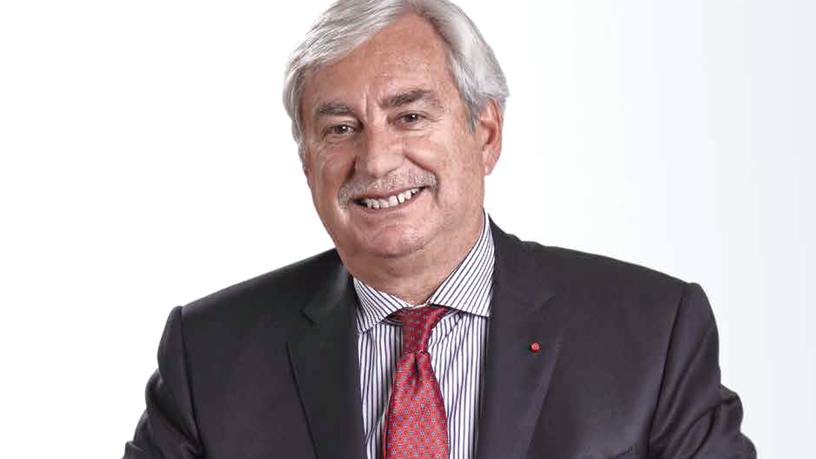Q: What kind of year did Bahrain have in 2021, and what do you expect for 2022?
A: The year 2021 was challenging due to the Covid-19 pandemic situation and other uncertainties. Thanks to the good management of the crisis, the economy has reopened. Some sectors which were really affected in the past, like hospitality and retail, have rebounded. I think in 2022, despite the fact that we started the year with a spike in cases, we will reach a stage where life becomes much more normal. We’re seeing that already.
I think a very important element – and the announcement was very timely – was Bahrain’s Economic Recovery Plan [announced in October 2021], because it covers a number of sectors; it has broad-based objectives, and we’re talking about $30bn invested over a period of time. Some of the initiatives have already started – large projects that will create employment and attract more investment, which will create opportunities for banks. It’s really a major element of our increased optimism for 2022.
The plan is based on concrete projects, concrete initiatives, but it’s also important from a psychological point of view, to help sectors which have been a bit more subdued. Tourism is a big area. We see resorts being developed across the islands and the numbers being announced by the Ministry [of Tourism] are quite aggressive. As a bank involved across all sectors of the country, we’re quite excited by the opportunities that will be provided by the projects.
Q: What did 2021 look like for National Bank of Bahrain (NBB)?
A: It was a year where we continued to pursue modernisation of our infrastructure. In particular we launched our new mobile application. It was quite a timely launch because people had already started changing their mindsets when it comes to digital banking. It enabled us to accelerate the acquisition of new clients and add new features.
One of the benefits of the Covid situation has been a strong acceleration of the digitalisation of banks and financial services. The regulatory framework has been put in place by the government and, in particular, the central bank to allow banks to use services in a safe manner. The situation over the past few years has really accelerated. Banks have all embraced digitisation; they all recognise that five years down the road what clients will want from them will be very different.
Q: Bahrain cut interest rates early in the pandemic. How did this affect the banks?
A: Covid had a number of effects, on the economy, on the business level, but also on interest rates. For retail banks, a low interest rate environment is not the most conducive environment. Interest rates will increase in 2022, something which – for the retail banking sector – is a positive trend. The sudden drop we experienced in 2020, by 125 or 150 basis points, impacted the banks, and living with very low interest rates has been penalising. We anticipate interest rate hikes to start in March, as has been announced.
Q: In 2020 NBB increased its stake in Bahrain Islamic Bank (BisB), a leading sharia-compliant retail bank in Bahrain, to 78.81%. Why was this important?
A: We set a trend, in a way, by acquiring a majority stake in BisB, although we already had a small stake in the bank. The strategy was obviously to gain access to the sharia-compliant business and the facility to develop products, but also to consolidate our retail banking position. Acquiring BisB has enabled us to increase our retail footprint – we’re the largest retail bank as a group and we continue to grow.
With BisB we were aiming to get 25% of the retail market. Part of our strategic motivation was to get a foothold in this Islamic finance market, because it’s growing faster than the conventional market. One of the advantages of BisB as well is that they are very progressive in terms of digital projects.
Q: Do you expect to see further acquisitions in the banking sector?
A: The cost of doing business for banks is increasing. The costs of compliance and technology are accelerating and require constant investment. To maintain competitiveness, you need to have a critical mass, and I would say smaller banks at some stage will not be able to sustain such investments. I expect further consolidation. It has happened in other countries in the Gulf Co-operation Council.
I think what we will also see is some partnerships, maybe not straightaway mergers, but partnership with other types of industries, telecoms for example, that’s the obvious one, but it could go beyond that.












